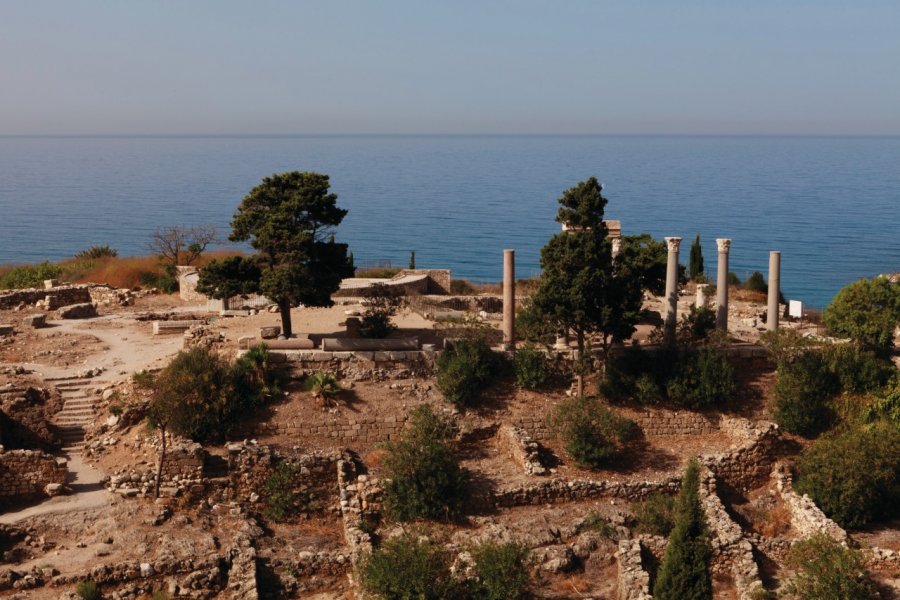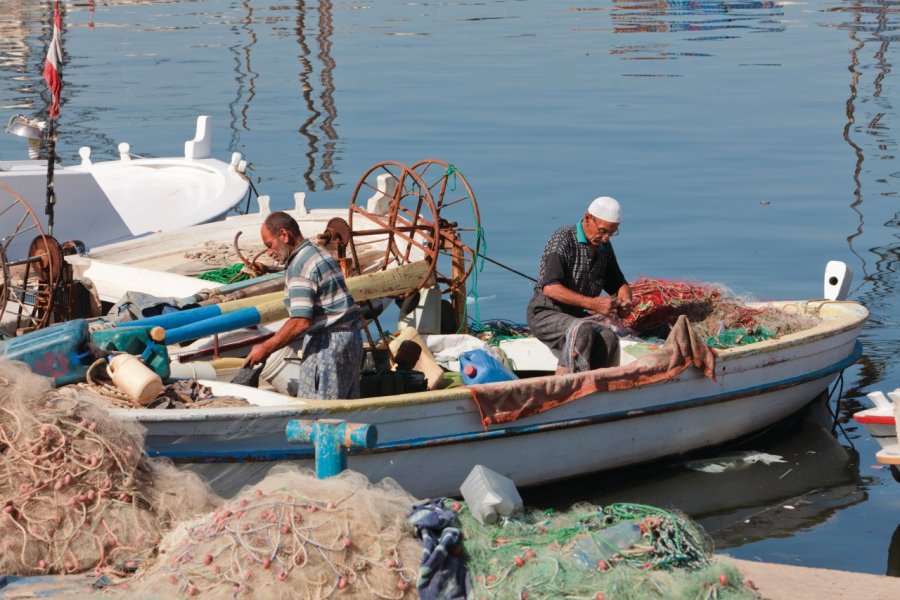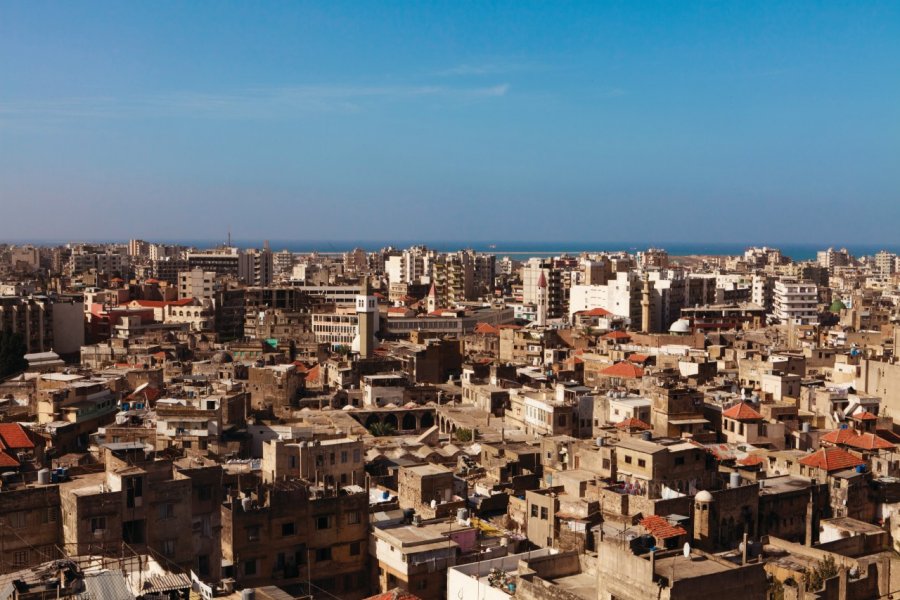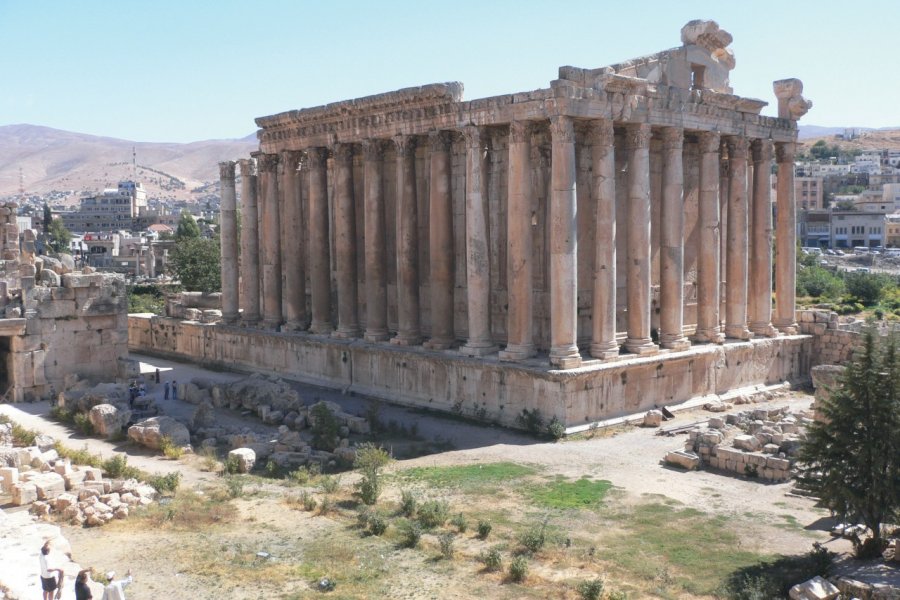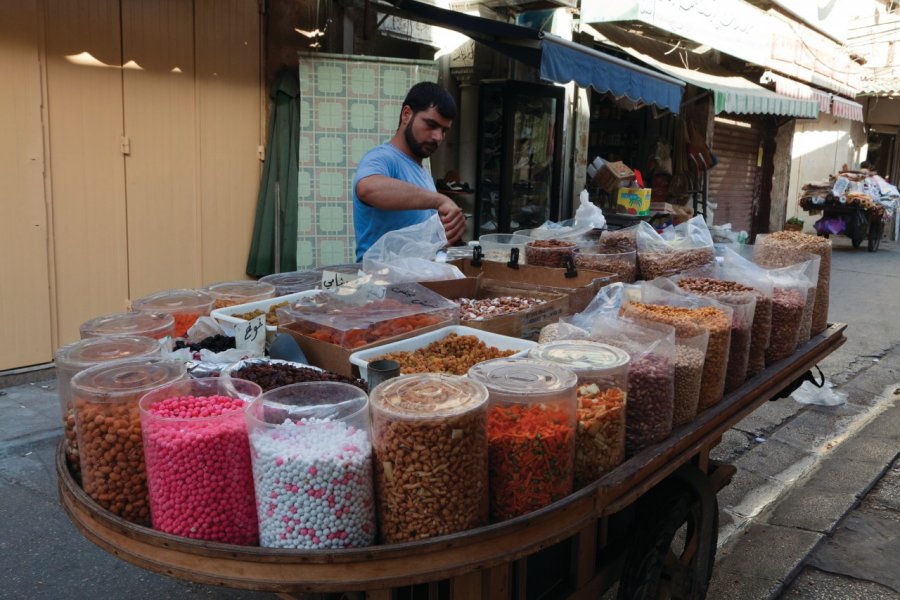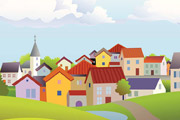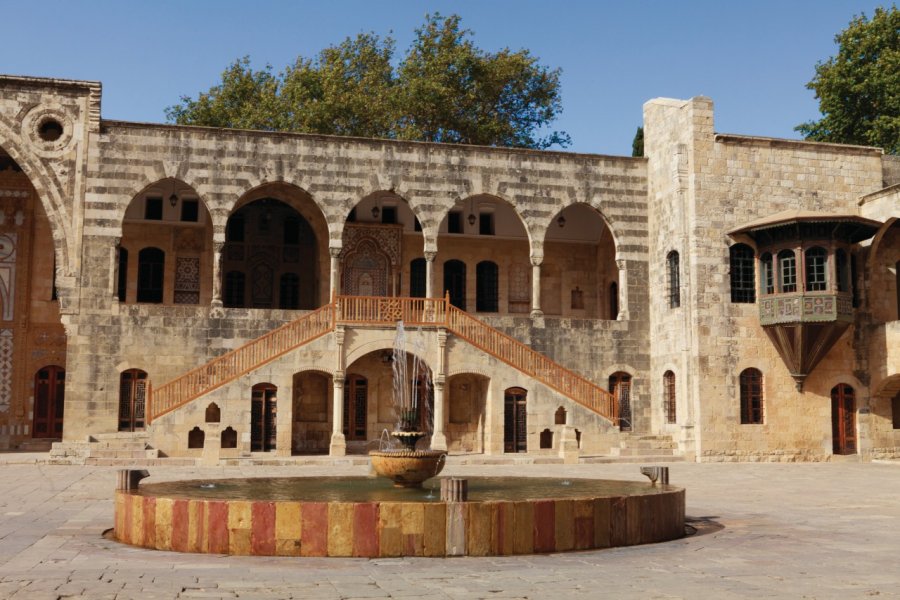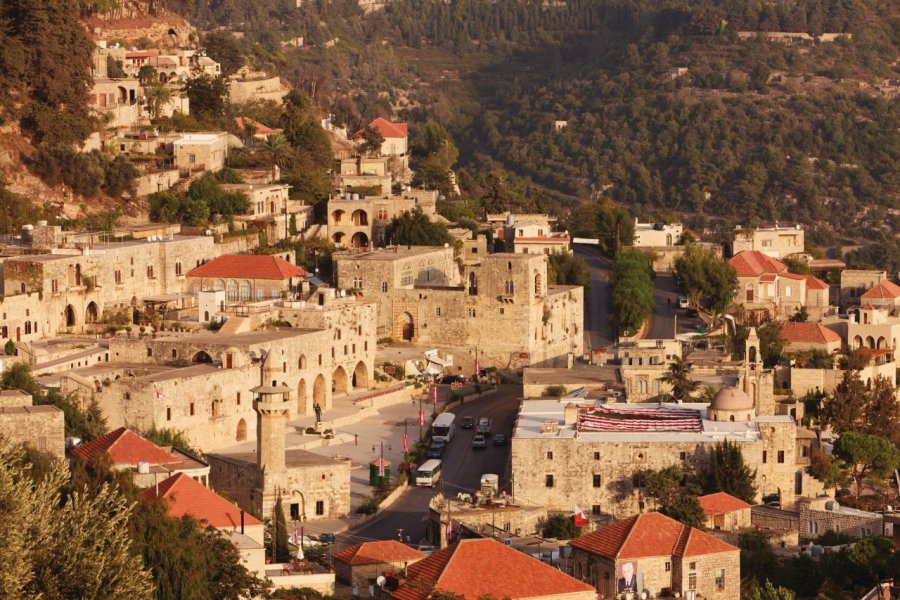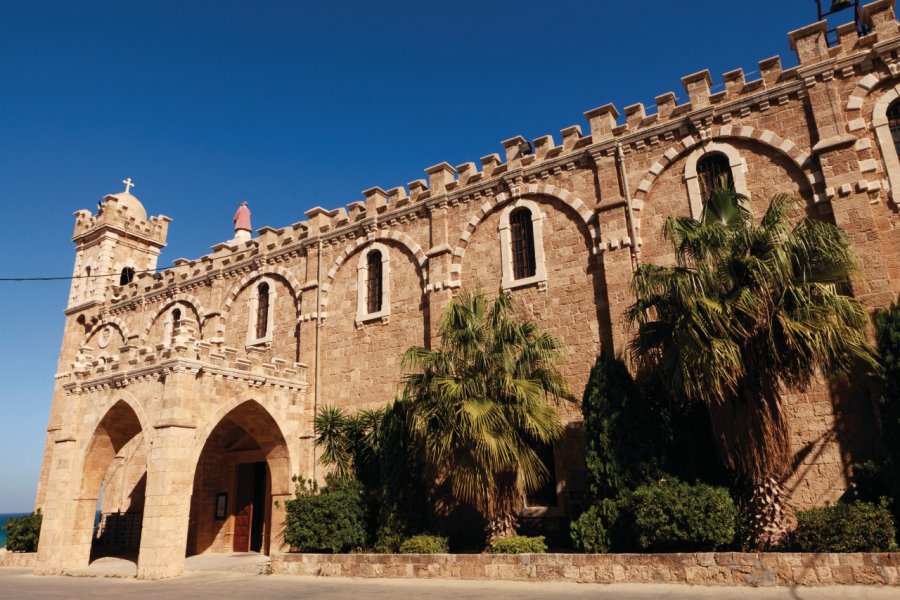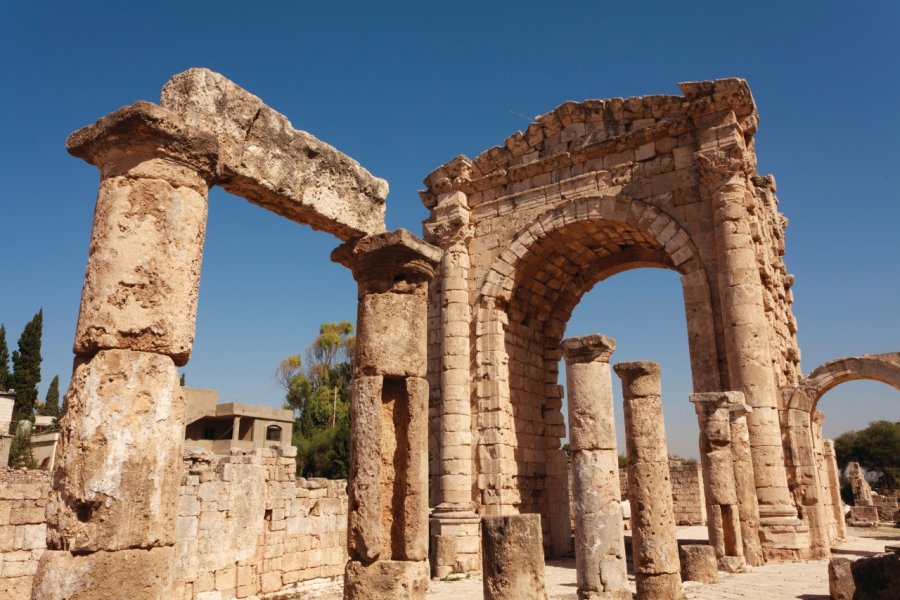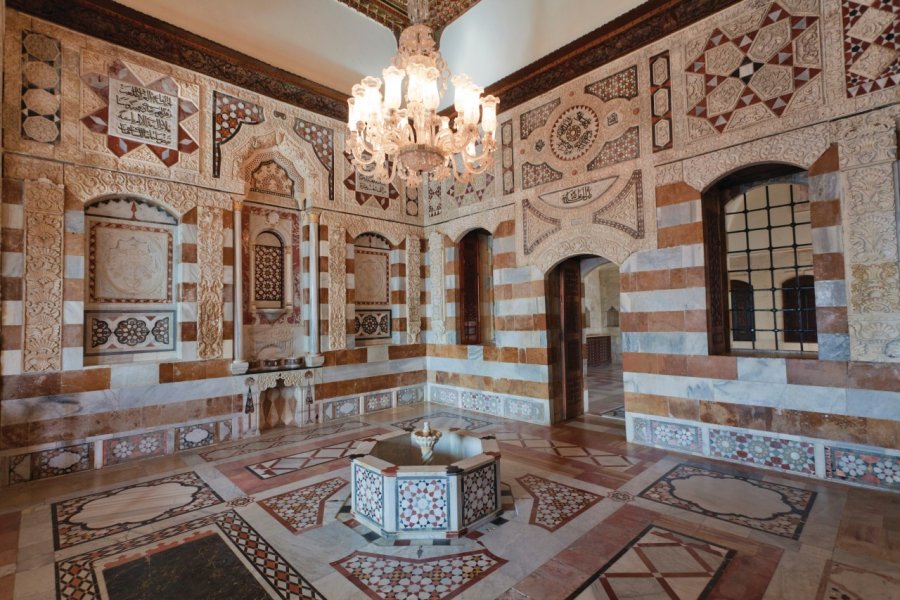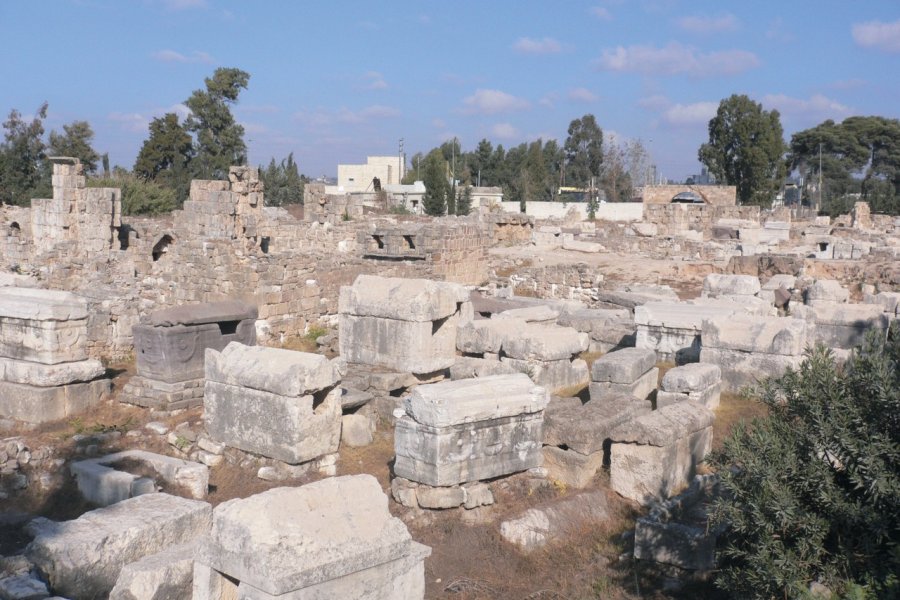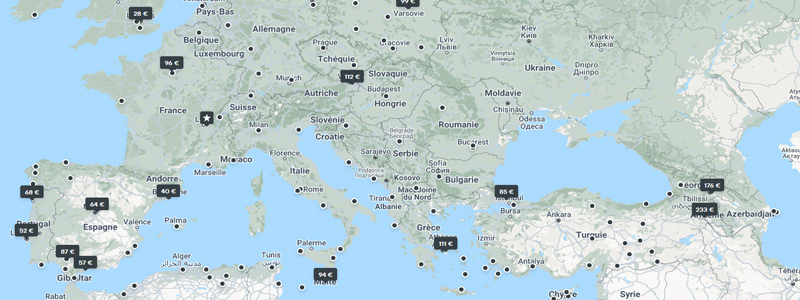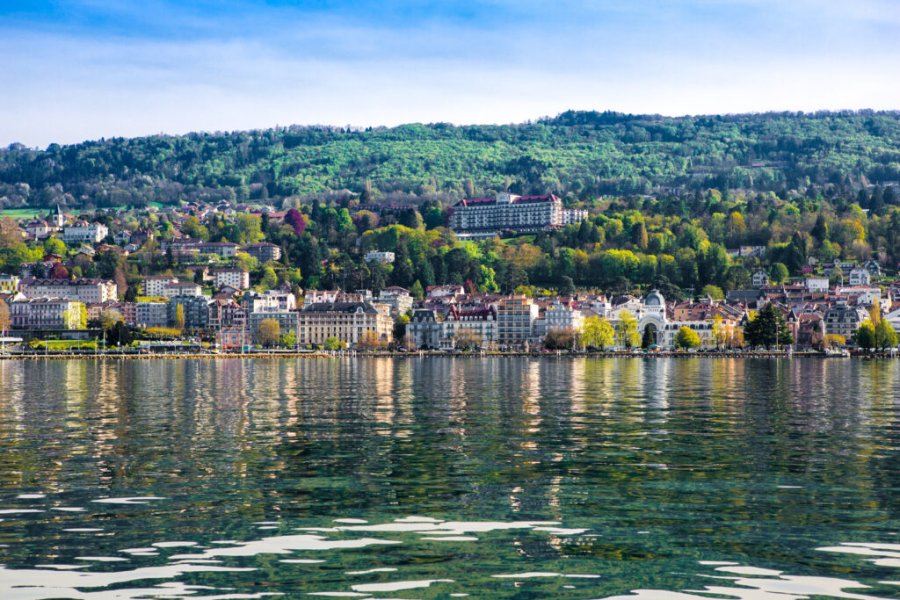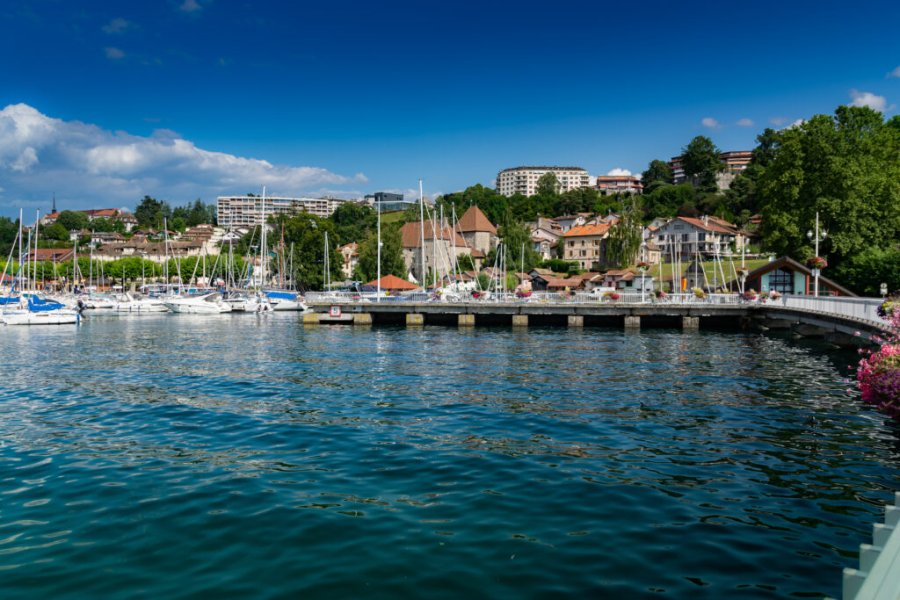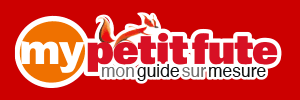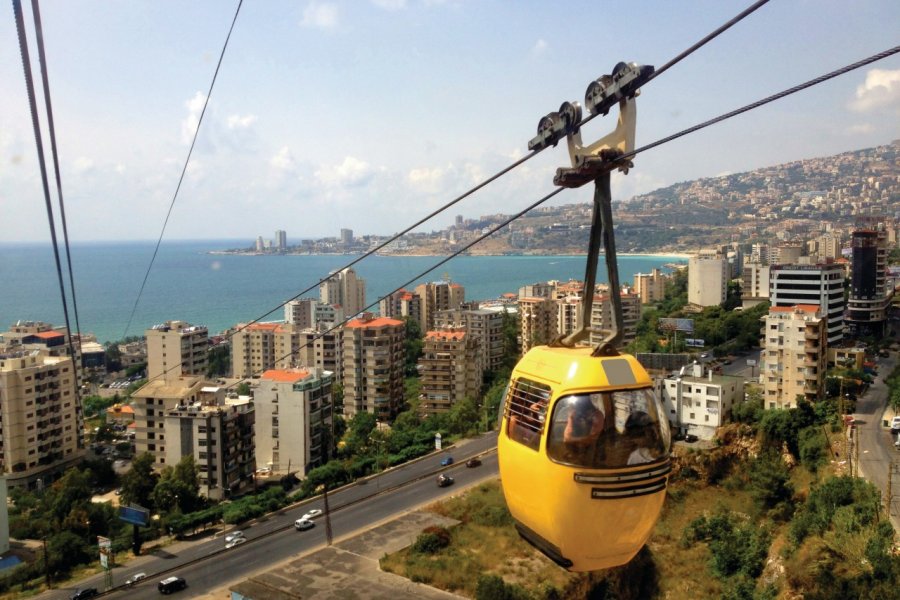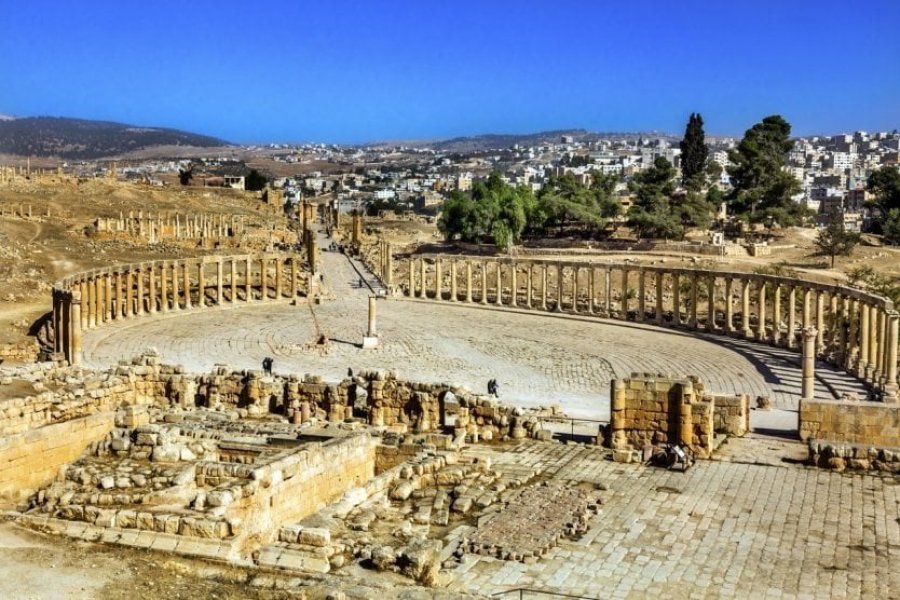Travel Guide Lebanon
This small country in the Middle East is unique. Improbable like a miracle. A message country said John Paul II. A beautiful fertile and threatened refuge, fragile but always rising from its ashes, bristling with cedars in the mountains, cranes in the cities, skyscrapers in Beirut. A link between East and West, bordering Syria and Israel, Lebanon creates links but has paid the price of its position in the heart of a powder keg. A mosaic of religions and populations, the country of the cedar, a narrow strip of land 250 km long and 25 to 60 km wide, is admirable for its beauty and variety of landscapes. Although it is opening up to tourism again, it still bears the scars of war, with gutted buildings in every neighborhood. The new buildings of Beirut are beautiful and some historical monuments have resisted the bombings. You should also see Tripoli, cross the fertile plains, go up into the mountains and visit the ancient sites of Byblos, the monasteries and the churches of different religions, Orthodox, Maronites... In this respect, the Qadisha valley is a must. In the north of Mount Lebanon, this holy valley is home to monasteries from the beginning of Christianity and many hermitages. A natural gem, the Qadisha is particularly popular with hikers. Lebanon also invites you to enjoy the beach and wild nights and even, in winter, to ski down the slopes. Lebanon's rich cultural and religious life also offers many beautiful moments. Finally, the divine Lebanese cuisine adds to the pleasure of the trip.
What to visit Lebanon?
Suggested addresses Lebanon
When to go to Lebanon?
With more than 300 days of sunshine per year, Lebanon is welcoming all year round. However, the best time of year (pleasant climate and low hotel rates) is spring and fall. The high tourist season in Lebanon corresponds to the major religious holidays and the summer vacation with the return of Lebanese expatriates, and the summer which attracts tourists from the Gulf countries and the region (early-June/late September). The low season stretches from January to March. This is the period when the weather is the least pleasant. It is also the ski season.
Winter season. The winter season is contrasted. Temperatures are never polar (in the mountains, however, the climate is harsh). Beautiful days are frequent between two or three days of rain. Bad weather (rain on the coast and snow in the mountains) never lasts very long. The snow cover persists on average from January to April.
Spring. The ideal time to visit Lebanon is spring: the climate is mild, nature is resplendent, and the tourist sites are not overrun by crowds. However, there are some brief sandy winds.
Summer. This is the period of very hot weather. It almost never rains. The humidity is particularly high on the coast. Fortunately, the mountains offer a refreshing environment. This is the season of festivals, of lively evenings on the private beaches of the coast.
Autumn. Along with spring, autumn is a good season to discover Lebanon. The heat of summer is over and the first rains do not come until the end of November. The climate is mild, ideal for hiking.
The temperature of the sea varies from 28°C on average in summer to 16°C on average in winter.
Weather at the moment
In Lebanon, given the geographical diversity, the climate varies considerably from one region to another. The climate is Mediterranean, mild to hot and humid on the coast (24/31 °C), semi-arid in the mountains, desert in Anti-Lebanon, continental in the Bekaa plain. The desert Khamsin blows briefly in March. In the mountains, temperatures vary from 20 °C in summer to -3 °C in winter with abundant snowfall.
Beyrouth
The currency is the Lebanese pound (LL). Large amounts, such as hotel nights, are often paid in dollars. They can be obtained from many vending machines. Lebanon is not a cheap destination. This destination is relatively expensive compared to its neighbours. It is the housing that will add the most to your budget. You can always eat at a low cost. However, it is now possible to find some pensions at affordable prices.
The visa is free of charge for a period of one month for European nationals. It is issued on arrival at Beirut airport upon presentation of a passport valid for at least 6 months. Please note: you will not be able to enter Lebanon if you have an Israeli visa on your passport. Be prepared beforehand if you plan to visit this destination.
No vaccinations are mandatory but some are recommended. Make sure you are up to date with your vaccinations. Health care facilities in Lebanon systematically check the solvency of their patients before undertaking any treatment. In order to meet the costs of hospitalization and health expenses that can be very high abroad, it is strongly recommended to have an assistance contract or an insurance policy that ensures your medical repatriation.
Practical information
- When to travel?
- Weather forecast
- Budget
- Formalities
- Health
- How to travel by yourself?
- How to get organized?
- Getting around
Media
How to go to Lebanon? Our advice & tips
Crossroads of civilizations between East and West, Lebanon is a cultural mosaic. The offers for this destination are therefore mostly accompanied "discovery" tours. However, the political situation of the country and the events are pushing some tour operators and travel agencies to suspend their offers on this destination. Do not hesitate to contact these specialists directly for more information.
Discover our selection of travel agencies for this destinationIt is possible to organize a stay and a tour alone in Lebanon. However, you must take into account the context and inform yourself about the situation before planning your trip. On site, avoid, of course, the zones of vigilance. But you will not feel particularly threatened and the Lebanese will generally be kind enough to help you find your way if necessary. Don't forget that the Palestinian camps are forbidden to foreigners by the Lebanese authorities.
There are several bus companies connecting the major cities in Lebanon. Sightseeing by bus requires time and resourcefulness, but it is very economical and friendly. In Beirut, numbered buses run every day from 5:30 am to about 9 pm. In addition, there is a large network of mini-vans that cover the different neighborhoods of Beirut and provide connections to the main Lebanese cities.
